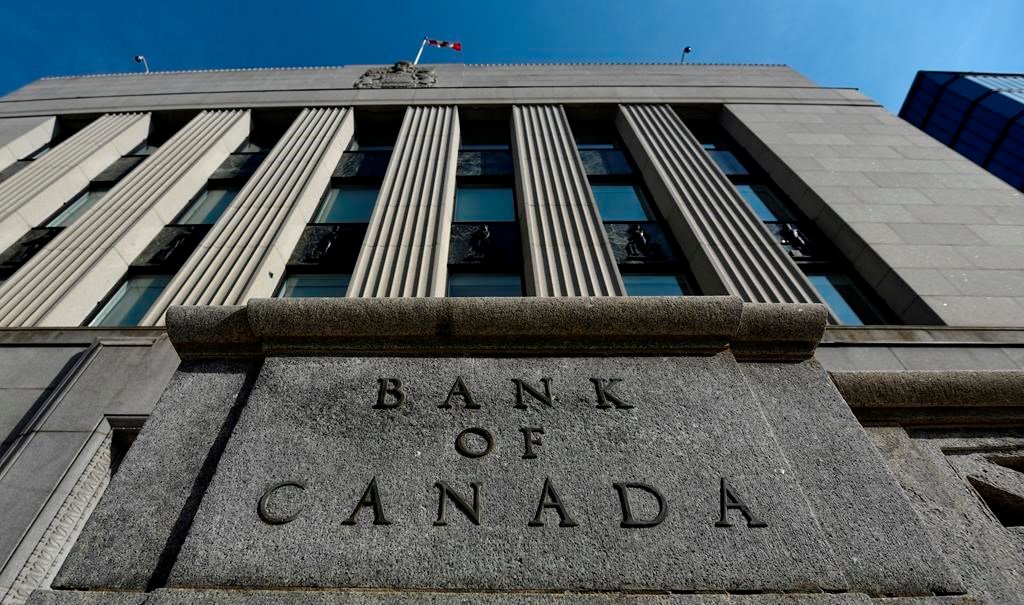The victims ranged widely in age, and many believed they helped family members, paid bogus fees or entered investment schemes. Families expressed devastation once the reality surfaced.
What Happened
Scammers approached seniors across Ontario via phone calls, email messages and even in-person visits. They posed as bank officials, government agents or investment brokers.
In one case, a victim sent thousands of dollars believing she prevented a loved one’s arrest. In another, a man invested in a fake gold scheme, then lost his life savings. Police say this wave of fraud emphasises how vulnerable older adults remain.
The Scale and Impact
Investigators confirmed the loss topped CA$1 million among a small group of victims. Analysts believe the actual total could be significantly higher.
Data from Canadian agencies show that senior-targeted fraud accounted for over CA$180 million in losses nationally in 2024. These numbers underline how large the threat has become.
Why Seniors Are Targeted
Fraudsters pick seniors because they often have savings, stable incomes and trust in official-looking callers. Moreover, scams exploit emotional triggers: family emergencies, winning lotteries or investment fears.
Seniors may feel shame, so they delay reporting. That delay makes recovery harder. Many victims suffer financial ruin and emotional distress after the scam.
What Authorities Are Doing
The Ontario Provincial Police and local departments launched campaigns to warn seniors and families. They produced checklists, signed up community groups for talks, and cooperated with banks to flag suspicious transactions.
Additionally, they encouraged immediate reporting and freezing of funds when fraud is suspected. Community centres now host workshops teaching seniors how to identify scams, verify identities and avoid high-pressure demands.
Advice for Seniors and Families
First, never share banking or investment details with unsolicited callers. Second, verify any urgent request by calling a known number. Third, involve a trusted family member or advisor before sending money. Fourth, use red flags: demands for payment by gift card, crypto wallet or untraceable transfer.
Finally, set up safeguards like transaction alerts and delayed withdrawal features in your accounts.
Broader Implications
These scams hurt not only victims but also strain social-support systems, credit safeguards and public trust. Financial losses reduce retirement security.
Emotional scars and fear reduce seniors’ independence. Local communities suffer when trust in banks and institutions erodes.
Authorities now consider tougher enforcement, cryptocurrency regulation, and stronger coordination between banks and law-enforcement.
Parliament may review legislation to protect elderly people from fraudulent financial products. Meanwhile, families and community organisations are critical to spreading warnings faster.











